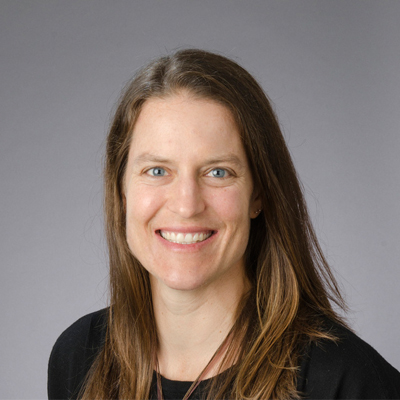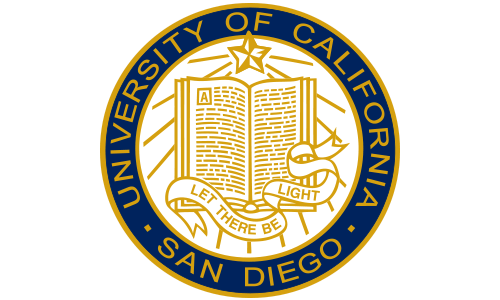Implementing strategies for adaptation, mitigation, and food security
The World Food Bank reports that agriculture is the main source of income and employment for the 70% of those that live in poverty throughout the world. However, climate change paired with the depletion of natural resources like water and land has created immense challenges to meet the needs of urban populations and sustain communities in rural communities. Dr. Jennifer Burney, Assistant Professor of Global Policy and Strategy at the University of California, San Diego, is developing “triple-win solutions” by providing adaptation, mitigation, and food security simultaneously. Thus, her efforts are helping to combat both climate change and hunger -- two defining problems of our time.
Using a wide range of techniques in her work, and truly interdisciplinary research, Dr. Burney’s studies often blend engineering and development as well as atmospheric physics and agriculture. In addition to collaboration with other researchers, postdocs, and graduate students, she also works closely with faculty and NGO partners on the ground. This approach ensures that Dr. Burney always has a suite of projects at different stages -- field, data, and lab. Furthermore, her partnership and diversity in techniques allows her to develop solutions that can be implemented, with special attention to rural and impoverished communities.
Current research includes:
-
In the Field:
-
Brazil: Drought can lead to a vicious cycle of overgrazing when livestock farmers can’t produce enough forage on their land. Dr. Burney’s team looks at the impacts on communities in Brazil of overgrazing, and evaluates interventions that are both sustainable and profitable for communities.
-
Benin: In West Africa, Dr. Burney works in Benin to evaluate novel agricultural technologies for poor rural farmers. She is currently evaluating solar powered irrigation systems from technical, environmental, economic, and health perspectives to make sense of renewable energy’s effects on nutrition.
-
-
Lab- and Data- Based Efforts: Dr. Burney works to quantify all the emissions due to food production, processing, consumption, and associated land use change over time. In so doing, she can make sense of the drivers of these emissions to understand global and regional trends and thus, make recommendations for best practices.
-
Air Pollution’s Role: Dr. Burney is working to answer what role air pollutants play in the climate - food system to better understand co-benefits of cleaning up the air.

Bio
Dr. Jennifer (Jen) Burney has always been an experimenter and problem solver at heart. Therefore, her work as an applied researcher is a perfect fit for her vision of the world. Becoming a researcher however, was not as straight forward as it may seem. In fact, when she began her undergraduate career at Harvard University, she didn’t know that being a researcher was an option for her future profession.
Early on, Dr. Burney knew that she enjoyed science and had a natural curiosity, especially when studying physics. During her junior year, a professor, admiring her enthusiasm and intelligence convinced Dr. Burney to apply to work in a lab to gain research experience. With her professor’s encouragement, Dr. Burney participated in a summer research experience at Stanford where she became enamored by the research process. It was during this summer that Dr. Burney realized a career in research would become her lifetime pursuit.
After completing her undergraduate degree, Dr. Burney applied to graduate school and earned a Ph.D. in Physics where her hunger for physics continued to be fed. However, upon graduating, Dr. Burney found despite her interest in theoretical work, she wanted to find a way to make a more immediate difference in the world. Therefore, she moved to West Africa where she was project manager for a year and she worked in rural communities to design, install, and evaluate solar-powered irrigation systems. This and other international experiences brought together technical, theoretical, and applied work in a very human context, and Dr. Burney was hooked.
Now, as a research professor at the University of California, San Diego, Dr. Burney integrates her passion for theory and basic science with applied work. She explains, “I feel there’s tremendous room right now to bring empirical rigor to really big and important questions that matter.”
Aside from research, in her free time, Dr. Burney enjoys being outside whether it means running, camping, or attempting to surf. Website: www.jaburney.net



